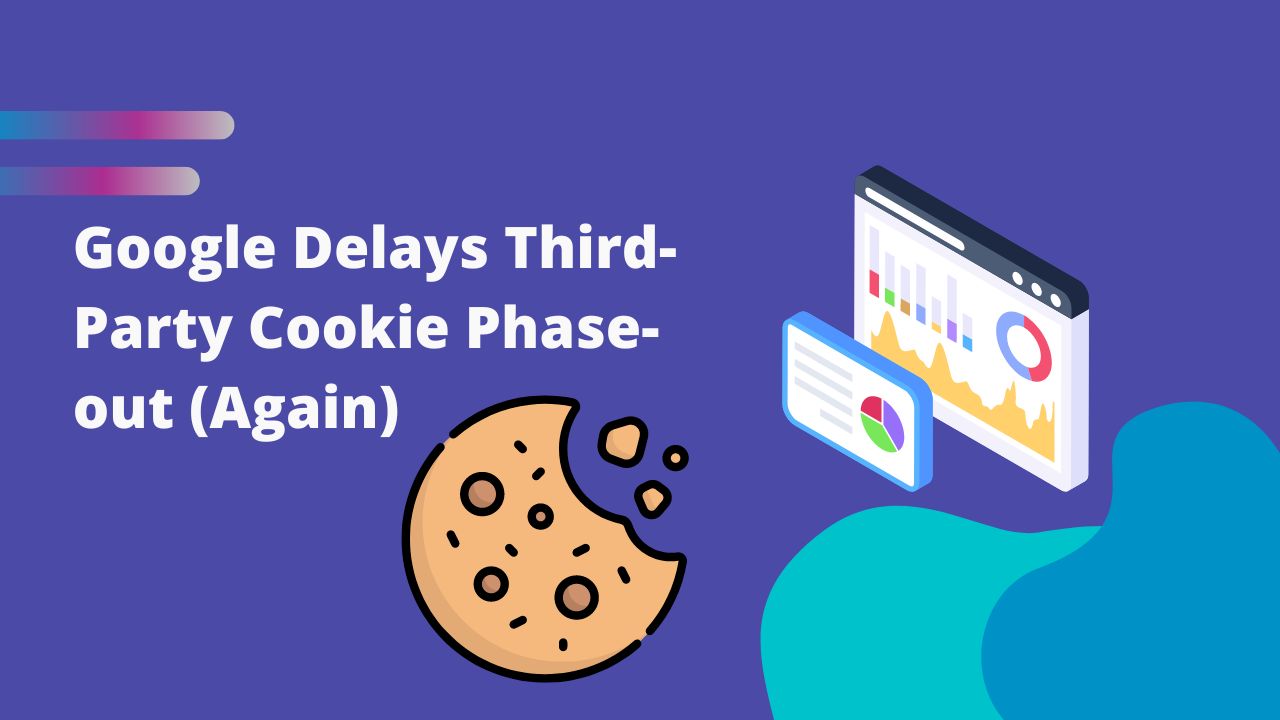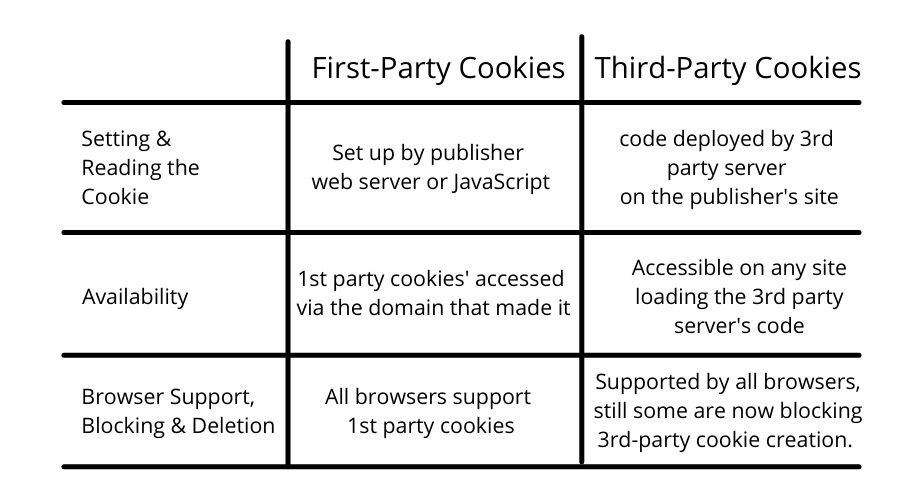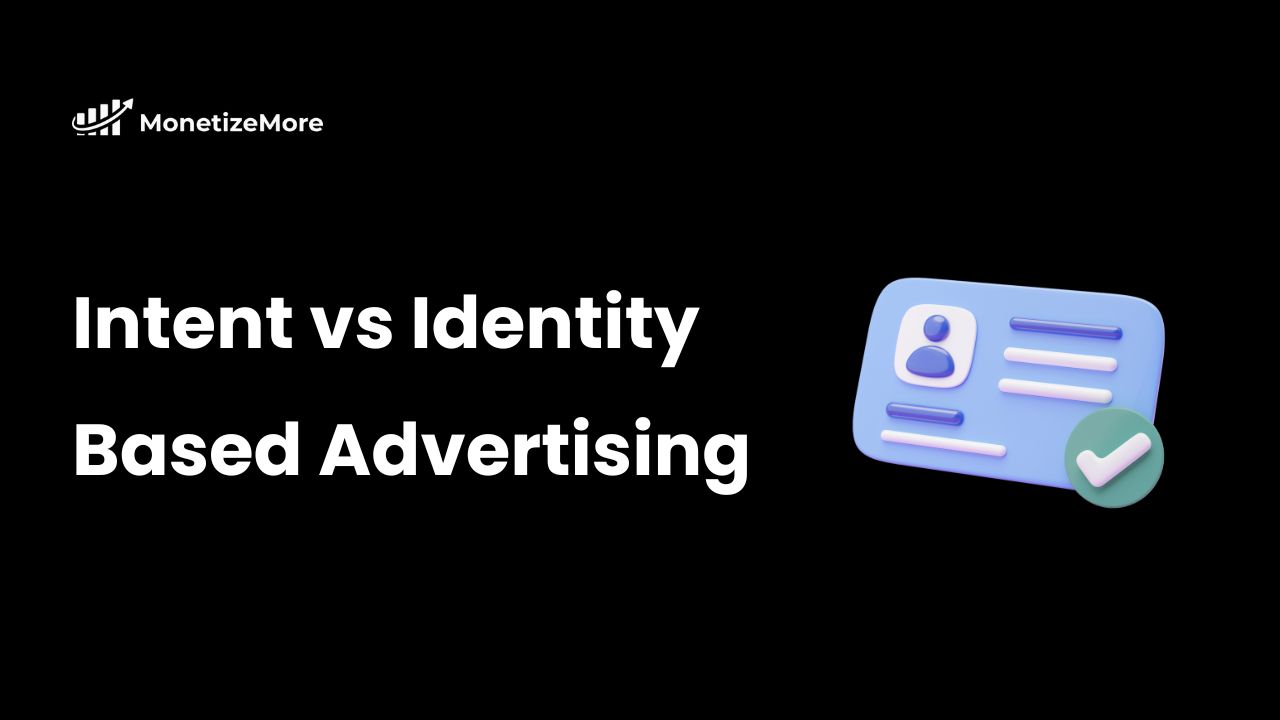
This post was most recently updated on April 25th, 2024
In a move that surprises absolutely no one, Google has once again delayed the deprecation of third-party cookies in Chrome. Originally slated for 2022, the phase-out has experienced multiple delays and will now likely occur in 2025. This latest delay highlights the ongoing challenges and complexities of shifting the digital advertising landscape away from third-party tracking. Let’s break down what this means for marketers.
In January, Google began phasing out cookies for 1% of Chrome traffic. This offered a real-world testing ground for alternatives, yet many marketers hesitated. The belief that more time is available is an illusion. Waiting until a larger percentage of all Chrome traffic is cookie-less will lead to rushed strategies and less room for adaptation. Furthermore, browsers like Safari and Firefox provide valuable examples of post-cookie landscapes that could have guided testing efforts.
The company realized that its initial plans to remove support for third party cookies across its products did not allow enough time for development and regulatory approval, as well as consultation with users and the public, and addressing any concerns with new technologies. Here are the main reasons for the pushback:
While delays might seem like a win for those unprepared, the reality is that significant progress hasn’t materialized. The lack of substantial advancements and persistent concerns from bodies like the CMA, ICO, and IAB indicate that simply waiting won’t solve the fundamental problems.

Despite the delays, the demise of third-party cookies is coming. But you need to start making the necessary preparations and test third-party cookie alternatives now.
Google feels that the amount of user data that has been collected by cookies, both historically and on a day-to-day basis, has eroded trust. In their press release, they quote a survey by the Pew Research Center that found 72% of people felt that ‘almost all’ of their online activity was tracked by tech firms or advertisers, and 81% felt that the risks of having this data being stored outweighed the benefits.
Google has found that widespread blocking of cookies by a significant proportion of users has led to advertisers and their developers using other techniques that are potentially more invasive, using identifiers on their browsers to ‘match’ behavior in one place to behavior elsewhere. This cannot be cleared or deleted in the same way as a cookie, giving users less control of what is stored about them.
On the other hand, the easy and blanket blocking of cookies drastically reduces the effectiveness of online targeted advertising, leading to reduced ad spends and lower revenue for publishers. This, in turn, impacts their ability to create new content and display it in new formats, what Google calls the ‘vibrant web’.
According to Google, other tech firms are developing direct replacements for cookies that identify users. Google has committed not to tracking individuals across the web or using trackers in their products; instead, it uses APIs that prevent tracking and provide targeted results for advertisers.
The third-party cookie phase-out might cause some short-term disruption, but ultimately, it’s a step towards a more privacy-centric digital advertising ecosystem. This shift pushes marketers to:

Adding to the uncertainty, Google’s September antitrust trial could drastically reshape the industry. The outcome has the potential to directly impact the future of third-party cookies in Chrome. This impending decision demands that publishers proactively explore alternatives, regardless of any specific deadlines from Google.
Why You Can’t Afford to Wait:
The end of third-party cookies is inevitable. The delays present a pivotal moment for marketers—an opportunity to break free from outdated reliance on third-party data and to establish sustainable, customer-centric advertising practices. Proactive action paves the way for success in the cookieless future.
Adapting is part of the programmatic industry, and with access to a Google Certified Publishing Partner, you always stay put and keep your ad revenue safe. If you currently don’t have a monetization partner, make sure to test out MonetizeMore’s award-winning solutions. We’ve helped 1500+ publishers achieve their ad revenue potential, and are a Google Certified Publishing Partner with a team ready to assist you!
Scale your revenue for the long term by getting started here!

With over ten years at the forefront of programmatic advertising, Aleesha Jacob is a renowned Ad-Tech expert, blending innovative strategies with cutting-edge technology. Her insights have reshaped programmatic advertising, leading to groundbreaking campaigns and 10X ROI increases for publishers and global brands. She believes in setting new standards in dynamic ad targeting and optimization.



10X your ad revenue with our award-winning solutions.